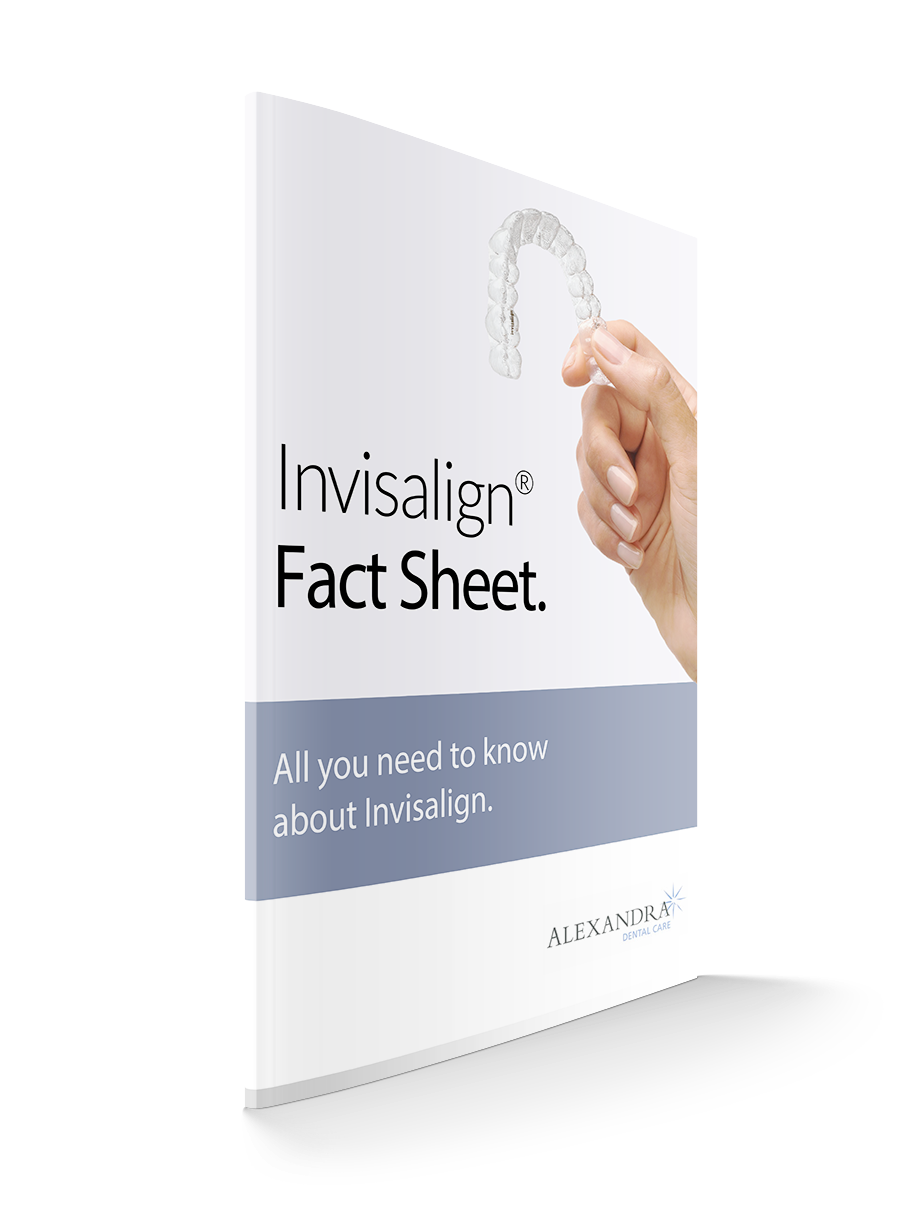Gum Recession and how our Swadlincote Dental Practice can help you stay looking young.
Thinning hair, middle-aged spread and receding gums.
A wrinkly face, thread veins and thinning hair, they all sound like signs of aging that women in their 70’s might be worrying about. Apparently we all begin to fret about these physical quandaries much, much earlier than that; at the age of just 29!
According to new research a woman’s battle to grow old gracefully begins at the end of her twenties.
At this age women become more concerned about trying to look young again, amid fears of wrinkles, sagging breasts, bingo wings and crow’s feet. They can also find their first grey hair. In actual fact some 33% of women are concerned about going grey and thinning hair is a major worry for 3 in 10.
The study produced a list of ageing concerns, after 1, getting wrinkles 2, sagging face and 3, sagging breasts, surprisingly receding gums ranked 15th in the list.
What are reseeding gums?
Gum recession is a common dental problem. Most people don’t know they have gum recession because it occurs gradually. The first sign of gum recession is usually tooth sensitivity, or you may notice a tooth looks longer than normal (hence the term ‘long in the tooth’). Often a notch can be felt near the gum line.
Why Do Gums Recede?
There are a number of factors that can cause your gums to recede, including:
Gum diseases. These are bacterial gum infections that destroy gum tissue and supporting bone that hold your teeth in place. Gum disease is the main cause of gum recession.
Aggressive tooth brushing. If you brush your teeth too hard or the wrong way, it can cause the enamel on your teeth to wear away and your gums to recede.
Insufficient dental care. Inadequate brushing and flossing makes it easy for plaque to turn into calculus (tartar) — a hard substance that can only be removed by a professional dental cleaning — and build up on and in between your teeth, causing gum recession.
Hormonal changes. Fluctuations in female hormone levels during a woman’s lifetime, such as in puberty, pregnancy, and menopause, can make gums more sensitive and more vulnerable to gum recession.
Tobacco products. Tobacco users are more likely to have sticky plaque on their teeth that is difficult to remove, which can cause gum recession.
Grinding and clenching your teeth. Clenching or grinding your teeth can put too much force on the teeth, causing gums to recede.
Crooked teeth or a misaligned bite. When teeth do not come together evenly, too much force can be placed on the gums and bone, allowing gums to recede.
How Can I Prevent Gum Recession?
The best way to prevent gum recession is to take good care of your mouth. Brush and floss your teeth every day and see your dentist at least twice a year, or as recommended. If you have gum recession, your dentist may want to see you more often. Always use a soft-bristled toothbrush and ask your dentist to show you the proper way to brush your teeth. If a misaligned bite or teeth grinding is the cause of gum recession, talk to your dentist about how to correct the problem.
Other ways to prevent gum recession include:
Quit smoking if you smoke.
Eat a well-balanced and healthy diet.
Monitor changes that may occur in your mouth.
By taking good care of your teeth, you can have a healthy smile forever.
If you would like to discuss gum recession or any of the points raised in this article call our friendly reception team on 01283 216347 or complete a contact form.
Google+

Comments are closed.